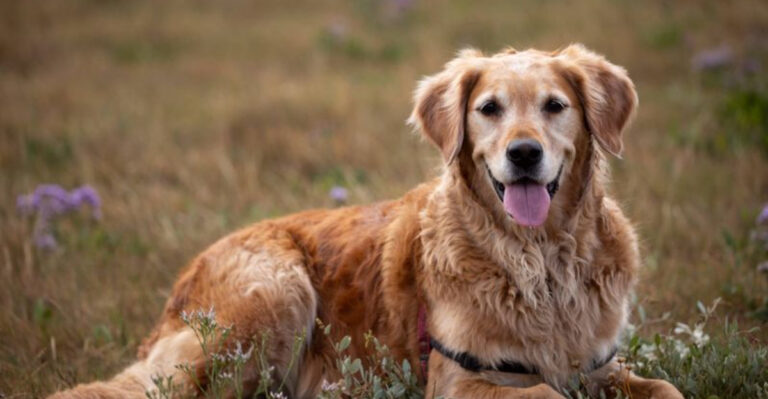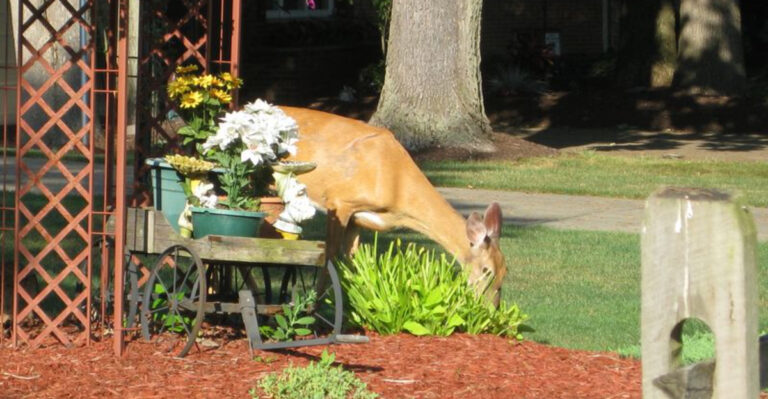11 Equestrian Mistakes That Can Damage Your Bond With Your Horse
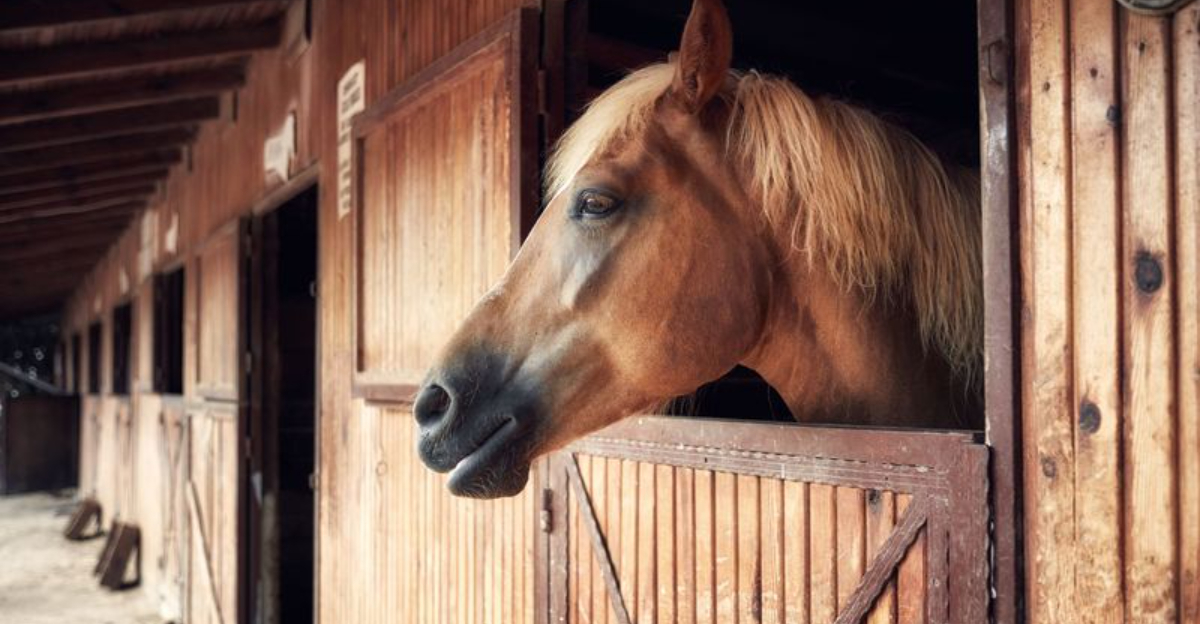
Building a strong bond with your horse is essential for successful riding and companionship. However, certain common mistakes can jeopardize this relationship.
Understanding and avoiding these pitfalls will help in maintaining a healthy and trusting connection with your equine partner. Here are the mistakes that could damage your bond with your horse.
1. Neglecting Regular Grooming
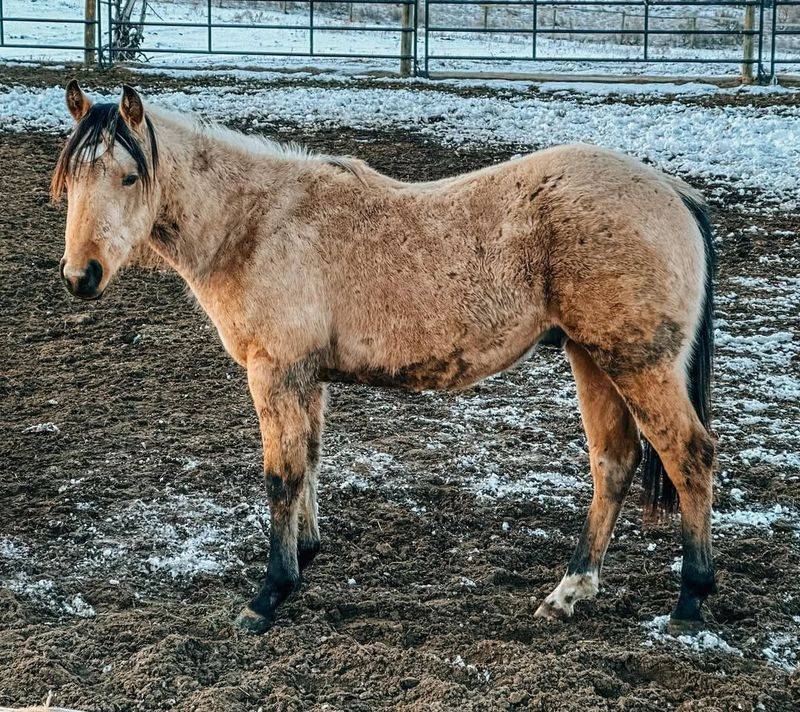
Regular grooming is crucial for maintaining your horse’s health and strength. Skipping grooming sessions can lead to skin irritations and missed signs of health issues. A lack of grooming also diminishes the essential bonding time between horse and rider.
Grooming is not just about cleanliness; it’s an opportunity to check for any injuries, ticks, or abnormalities that might need attention. Set aside specific times for grooming, making it a routine your horse can rely on.
2. Inconsistent Training Schedules
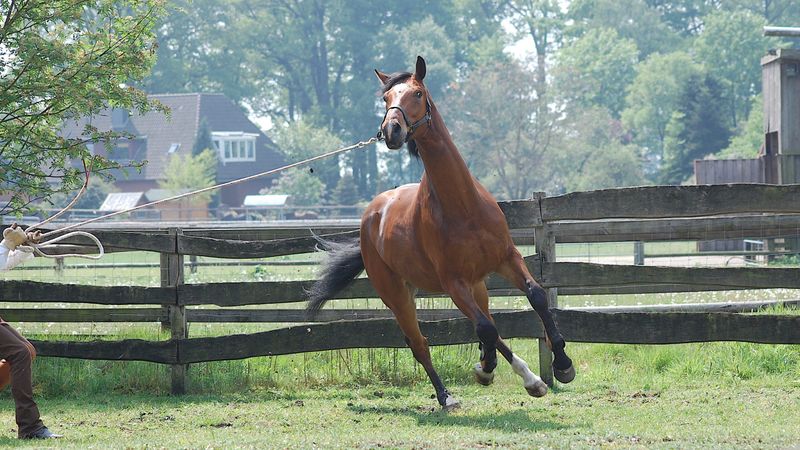
Consistency in training is key to developing a strong bond with your horse. An inconsistent training schedule can create confusion, leading to a breakdown in communication. Horses thrive on routine and predictability, and an erratic schedule can create stress and anxiety.
By maintaining a regular training regime, you reinforce expectations and build a sense of security. This regularity ensures your horse remains engaged and responsive. Tailor a consistent schedule that fits both your lifestyle and your horse’s needs, creating a harmonious and structured environment.
3. Ignoring Body Language
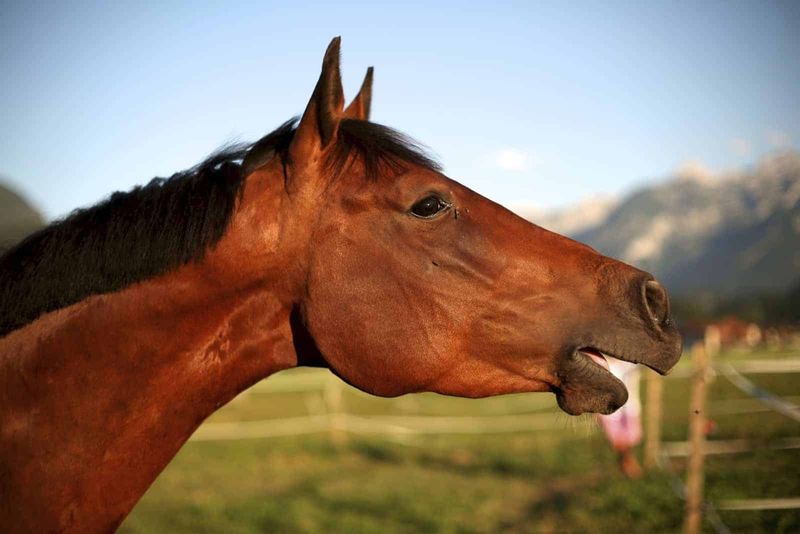
Understanding your horse’s body language is vital. Ignoring these non-verbal cues can lead to misunderstandings and unintentional stress. Horses communicate through subtle gestures and movements, indicating their comfort or discomfort levels.
Being attuned to these signals helps in addressing issues promptly, fostering trust. An observant rider can prevent potential problems by responding appropriately to the horse’s needs. Developing this awareness requires observation and patience, but it pays off in a stronger, more empathetic connection.
4. Excessive Use Of Harsh Equipment
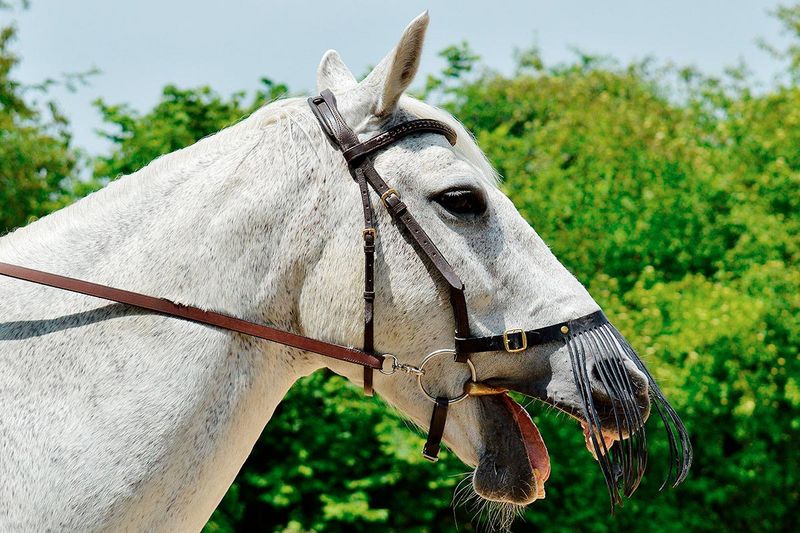
Harsh equipment can cause physical discomfort and mental stress, weakening your bond with your horse. Using bits, spurs, or saddles that don’t fit properly can lead to pain and behavioral issues. Prioritizing comfort over control encourages a cooperative partnership.
Choose equipment that fits well and suits your horse’s needs. Consult with experts if in doubt, ensuring that your horse’s comfort is always the priority. This consideration fosters respect and a willing collaboration, enhancing the relationship.
5. Overtraining And Exhaustion
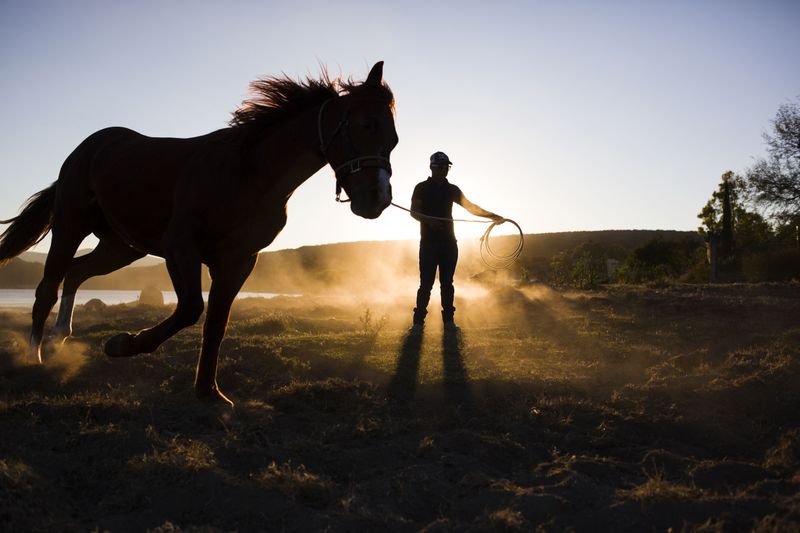
Overtraining can lead to physical and emotional exhaustion in horses. Pushing them too hard not only causes fatigue but can also result in injuries and resentment. Balancing work and rest is essential for maintaining a healthy relationship.
Recognize when your horse needs a break and adapt the training routine accordingly. Allow for sufficient downtime to ensure that your horse remains eager and enthusiastic about training sessions. This balanced approach helps in maintaining a positive and trusting bond.
6. Lack Of Positive Reinforcement
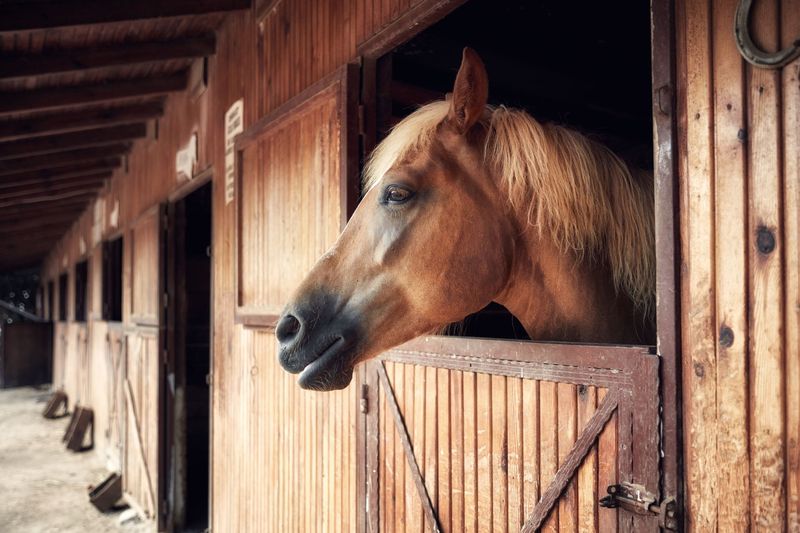
Positive reinforcement strengthens the bond by rewarding desired behaviors. Without it, horses may become unmotivated or confused about expectations. Recognizing and rewarding good behavior fosters a positive learning environment.
Incorporate treats, praise, and affection as part of your training process. This encouragement can boost morale and increase cooperation. By focusing on positive outcomes, you cultivate a nurturing and supportive atmosphere.
7. Insufficient Socialization

Horses are naturally social animals that thrive on interaction with their peers. Isolating your horse can lead to loneliness and behavioral issues. Ensuring sufficient socialization is vital for mental well-being and happiness.
Encourage interaction with other horses, providing opportunities for play and communication. A well-socialized horse is more likely to be calm, confident, and easy to handle. Facilitating these interactions nurtures a well-adjusted animal, strengthening your relationship through a shared social environment.
8. Disregarding Nutritional Needs
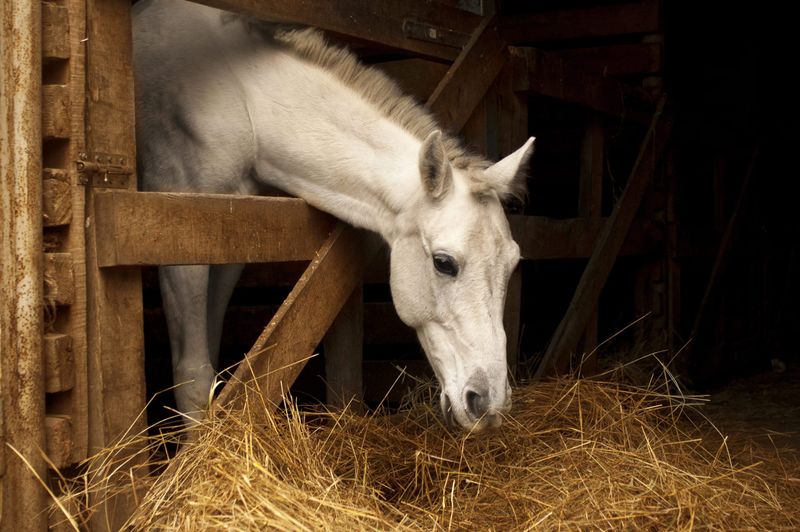
A horse’s diet plays a critical role in its overall health and demeanor. Ignoring nutritional needs can lead to health problems and a decrease in performance. Providing the right nutrients ensures a happy and energetic horse.
Consult with a veterinarian to tailor a diet specific to your horse’s requirements. Regularly assess their weight, energy levels, and coat condition to make informed dietary adjustments. Meeting these needs reflects a commitment to your horse’s well-being, reinforcing trust and care.
9. Lack Of Mental Stimulation
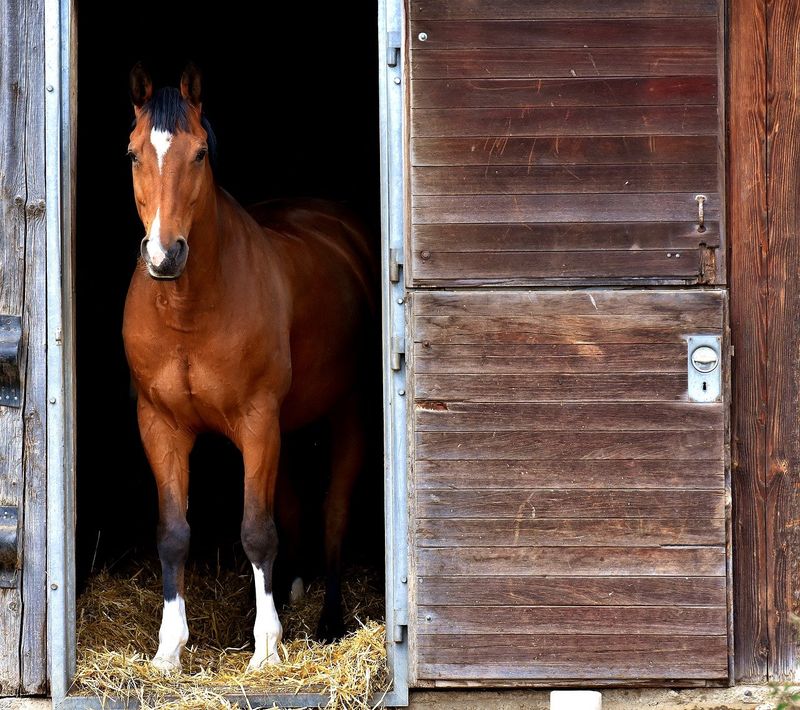
Mental stimulation is essential for a horse’s happiness. Failing to provide it can lead to boredom and potential behavioral issues. Engaging your horse’s mind ensures a balanced and content animal.
Incorporate puzzles, varied environments, and new challenges into your routine. These activities provide mental engagement, keeping your horse alert and interested. Stimulating your horse mentally can create a more enjoyable relationship, characterized by mutual respect and understanding.
10. Inadequate Health Monitoring
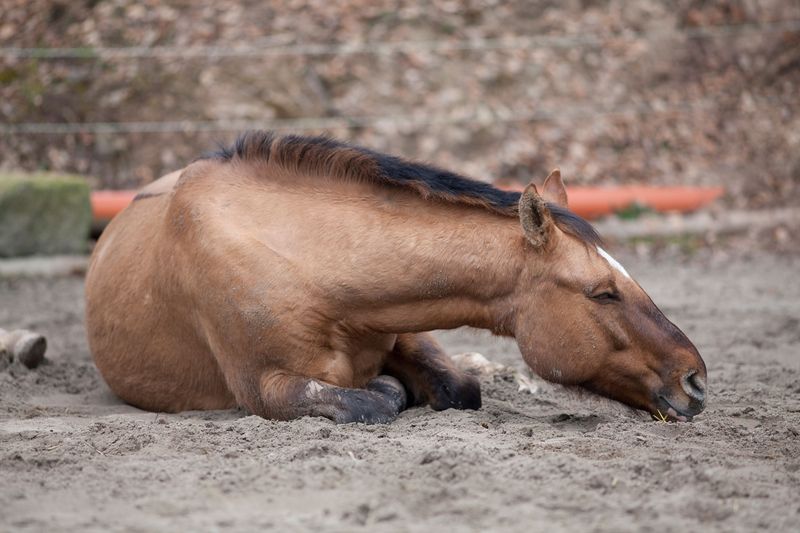
Routine health checks are vital for early detection of potential issues. Ignoring health monitoring can result in overlooked problems that damage your horse’s well-being. Regular veterinary visits are a proactive measure.
Check teeth, hooves, and overall health frequently to catch any concerns early. This diligence shows an investment in your horse’s health, promoting a longer, happier life together. Ensuring health needs are met solidifies your commitment to their welfare, enhancing your bond.
11. Failure To Respect Boundaries
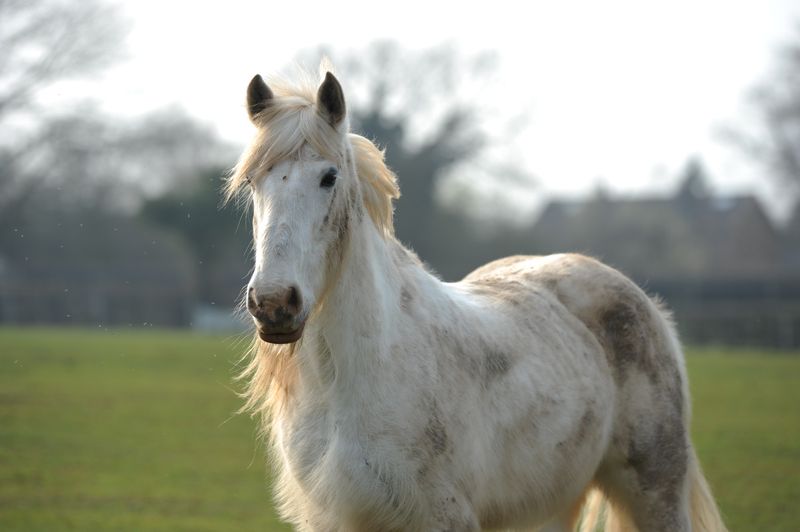
Respecting boundaries is fundamental to building trust. Ignoring a horse’s personal space can lead to discomfort and reluctance in interactions. Recognizing and honoring these boundaries is crucial for mutual respect.
Learn to interpret when your horse is saying “no” and adjust your actions accordingly. This understanding fosters a collaborative and trusting environment. By respecting your horse’s limits, you create a relationship based on respect and empathy.




